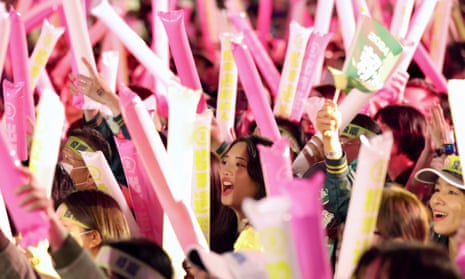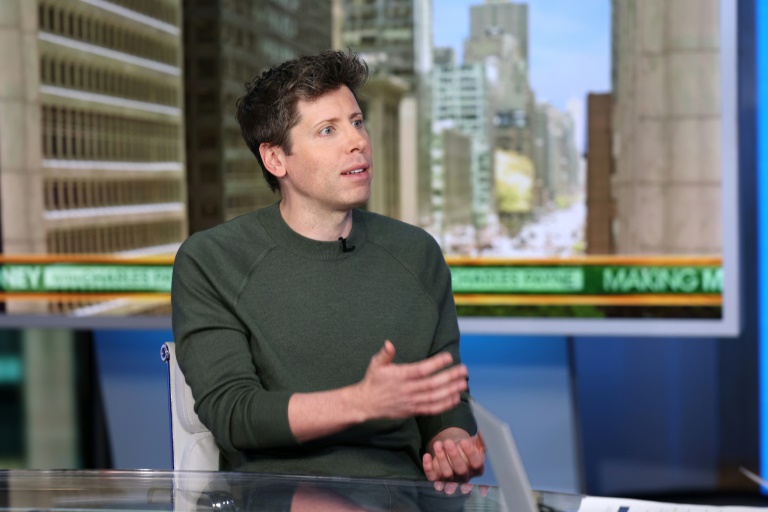Deep in the mountains of Hsinchu county in north Taiwan, a few dozen residents of Smangus are holding their daily morning meeting in a weatherboard hut, overlooking the towering peaks nearby.
The remote Indigenous village, home to about 200 Atayal people, is preparing for Saturday’s presidential election. They take it very seriously, running their own polling station since 2008, and discussing candidates with all the residents.
“We normally don’t talk about politics [at the meeting] but the presidential election is a big deal,” says Lahuy Icyeh, a community leader. “The village elders encourage the tribe to choose who is best for Taiwan.”
The vote will be Taiwan’s eighth direct presidential election since martial law ended in the late 1980s. The current president, Tsai Ing-wen, must step down due to term limits, and her current deputy, Lai Ching-te, is running to keep the Democratic Progressive party (DPP) in power. He’s up against Hou Yo-ih of the national opposition Kuomintang (KMT), which ruled during the decades of authoritarianism, and the Taiwan People’s party (TPP), led by founder Ko Wen-je.
The campaign has been dominated by the Chinese Communist party’s threat to annex Taiwan, but surveys have shown it is economic issues that are the main concern of voters, including low wages, housing affordability, energy security and inflation. In 2022, wages had the steepest yearly decline in 10 years, while housing in some Taiwanese cities ranks among the world’s most expensive relative to income.
Inflation was lower than many other countries in 2023 – 2.48% – but a series of extreme price rises on individual products such as eggs worsened perception of the cost of living.. There are also Care for children and the elderly, corruption, judicial reform, education and rights for minorities are also immediate concerns.
All three presidential candidates have made pledges addressing most big-ticket items but many of them are quite similar.Dafydd Fell, director of the Centre of Taiwan Studies at Soas University of London, says this has neutralised most debates except on the contentious future of Taiwan’s nuclear power plants. Publication of polling – which could show any potential impact of these pledges – is banned in the 10-day blackout period prior to the vote.
The Smangus community has clear asks: better assistance for elderly care, road improvements, and land rights and transitional justice for Indigenous tribes. But the village, which operates a kibbutz-style economy, including shared land and housing, and a flat-salary jobshare system, is protected from some of the economic issues.
For them, the presidential election is about big picture themes, says Yarah Pihu, Smangus’s Presbyterian minister and a community leader. “We want a president with an international perspective and a sense of Taiwanese identity.”
Masay Sulung a Smangus community leader, said: “I expect 90% of Smangus to vote for Lai Ching-te. We have high…
2024-01-07 04:00:16
Post from www.theguardian.com















